AI and Copyright Wars: The New York Times Takes on OpenAI and Microsoft
Intepat
JANUARY 8, 2024
Allegations and Claims by The New York Times The New York Times claims that these companies are trying to take undue advantage of the hard work and money put into creating such a high and superior quality of journalism. The New York Times is claiming damages and an order to stop OpenAI and Microsoft from using any of its articles.

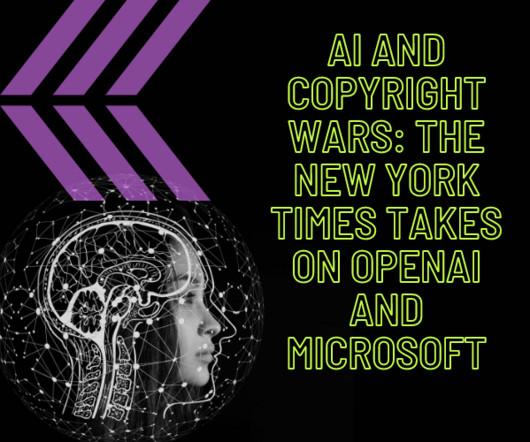
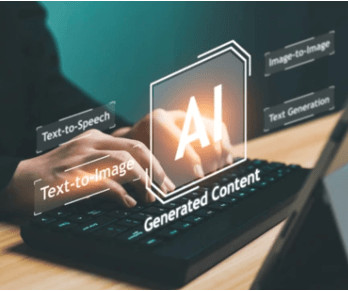
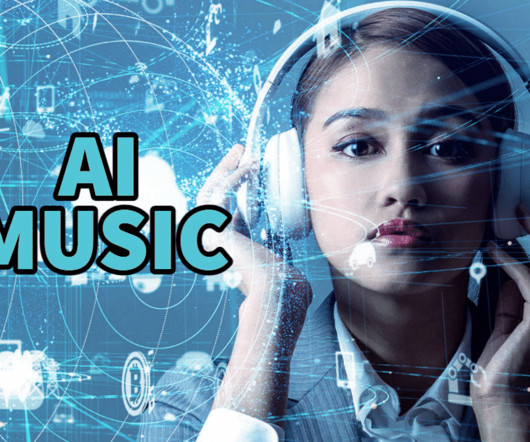
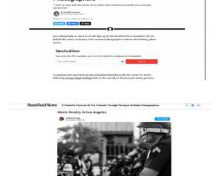
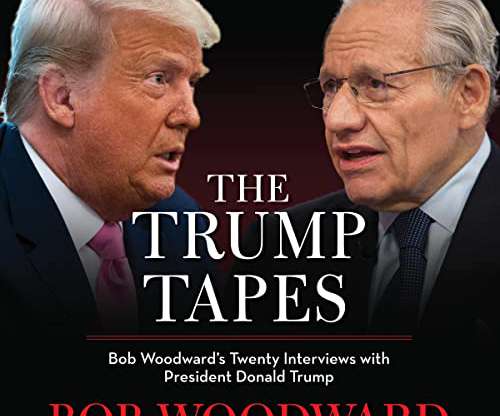






Let's personalize your content